Student Banking Package
A banking package to help you through your final two years of study
This banking package includes an everyday bank account with an optional overdraft facility and a Platinum credit card packed with rewards and benefits.
Learn More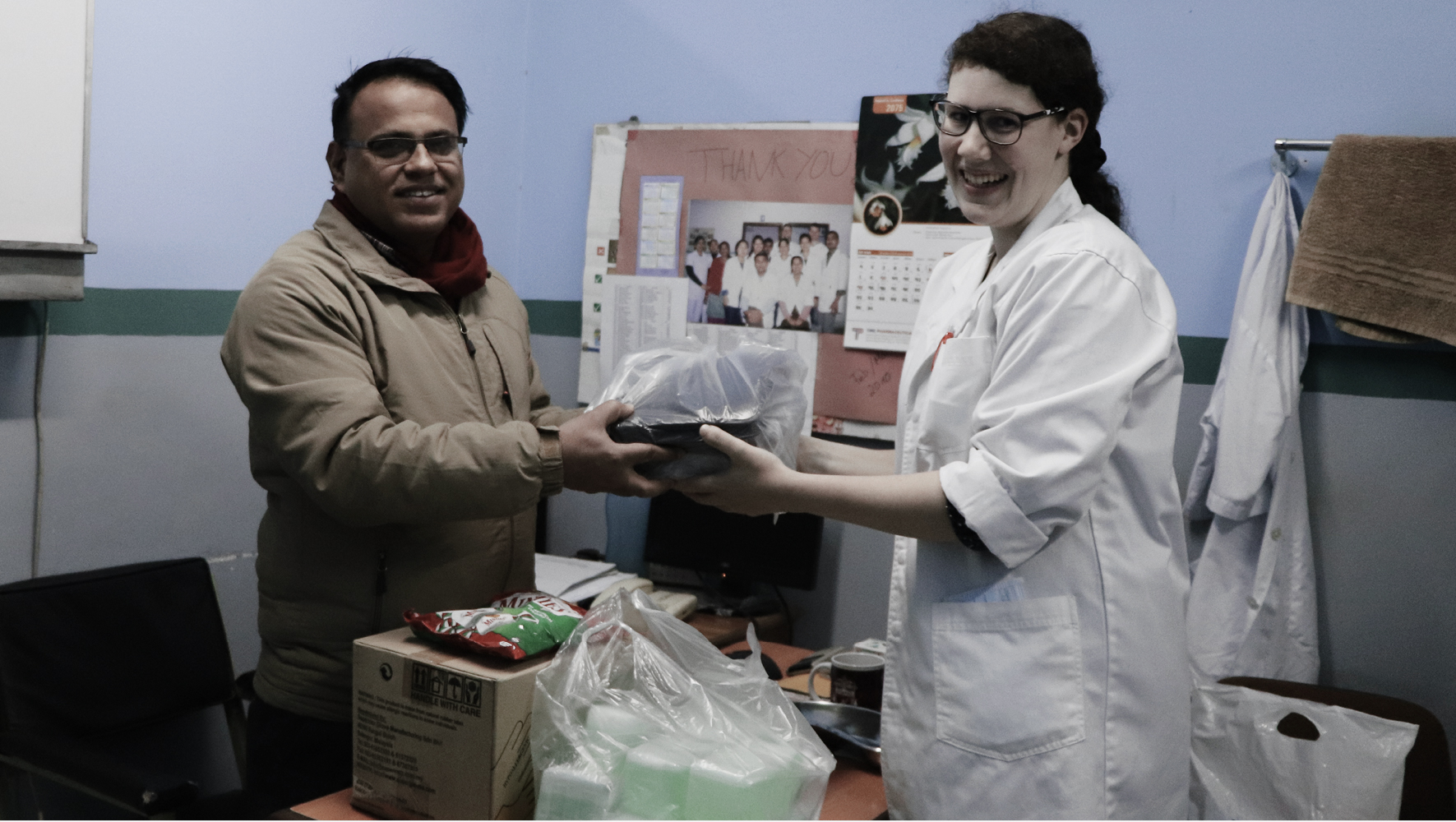
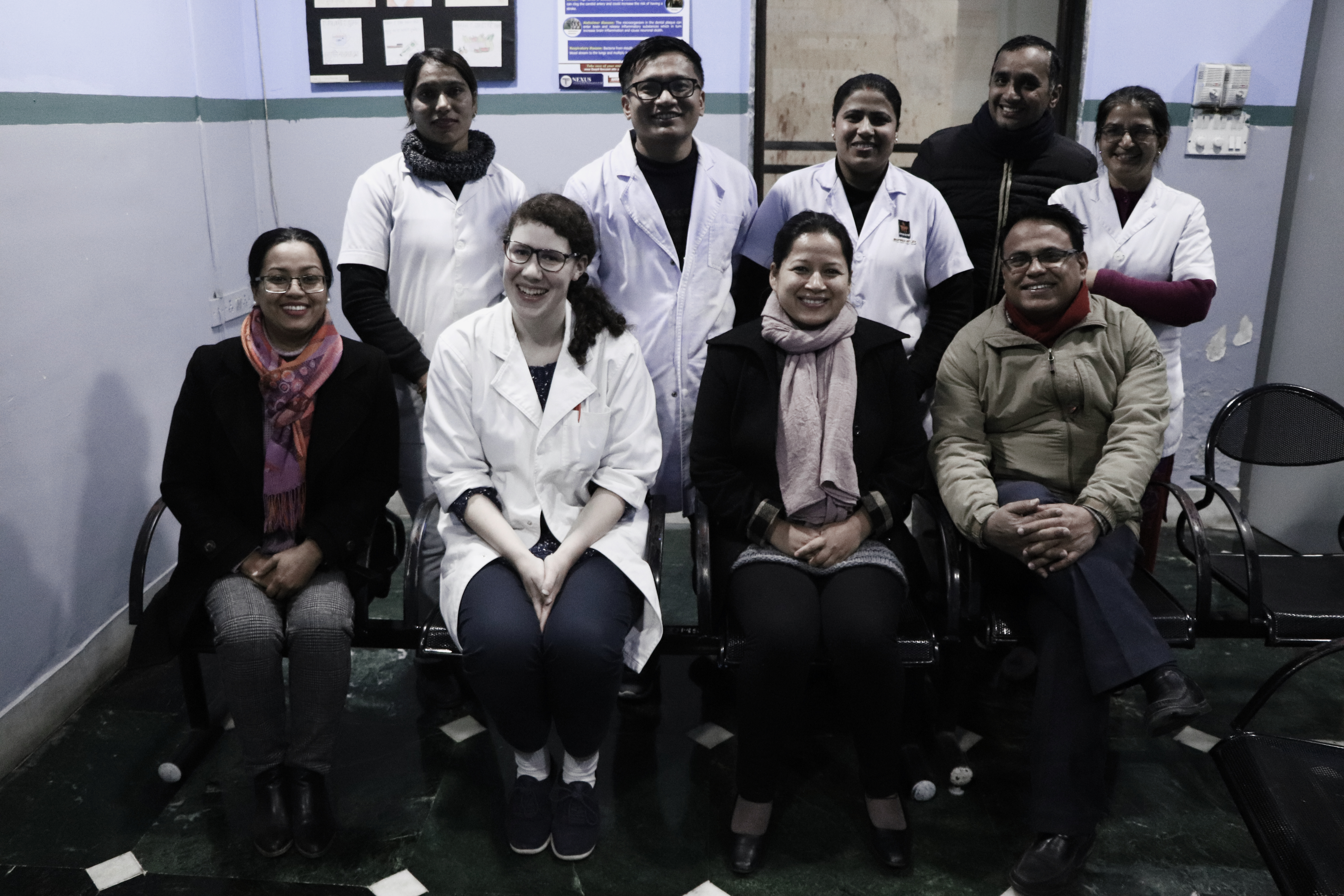
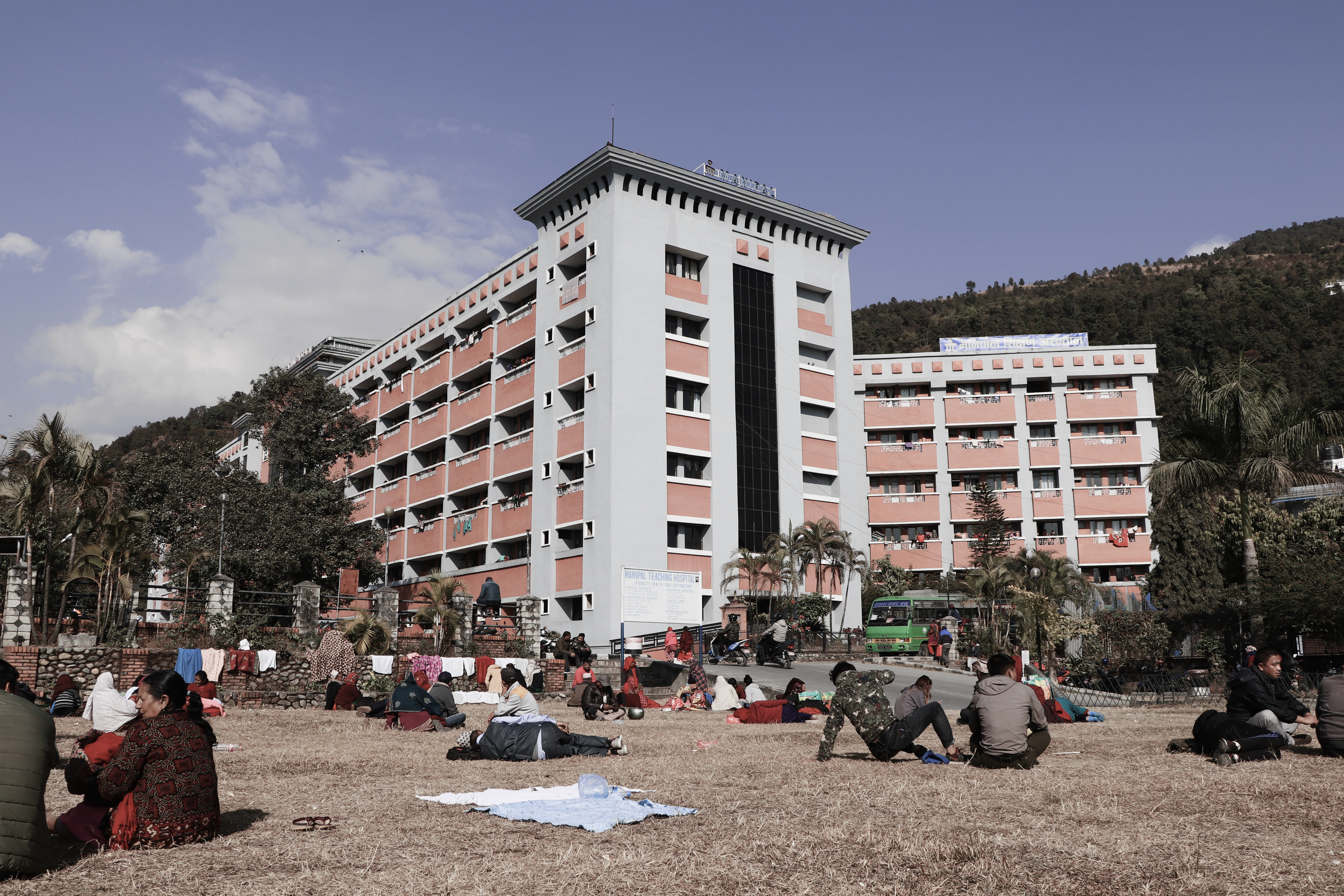
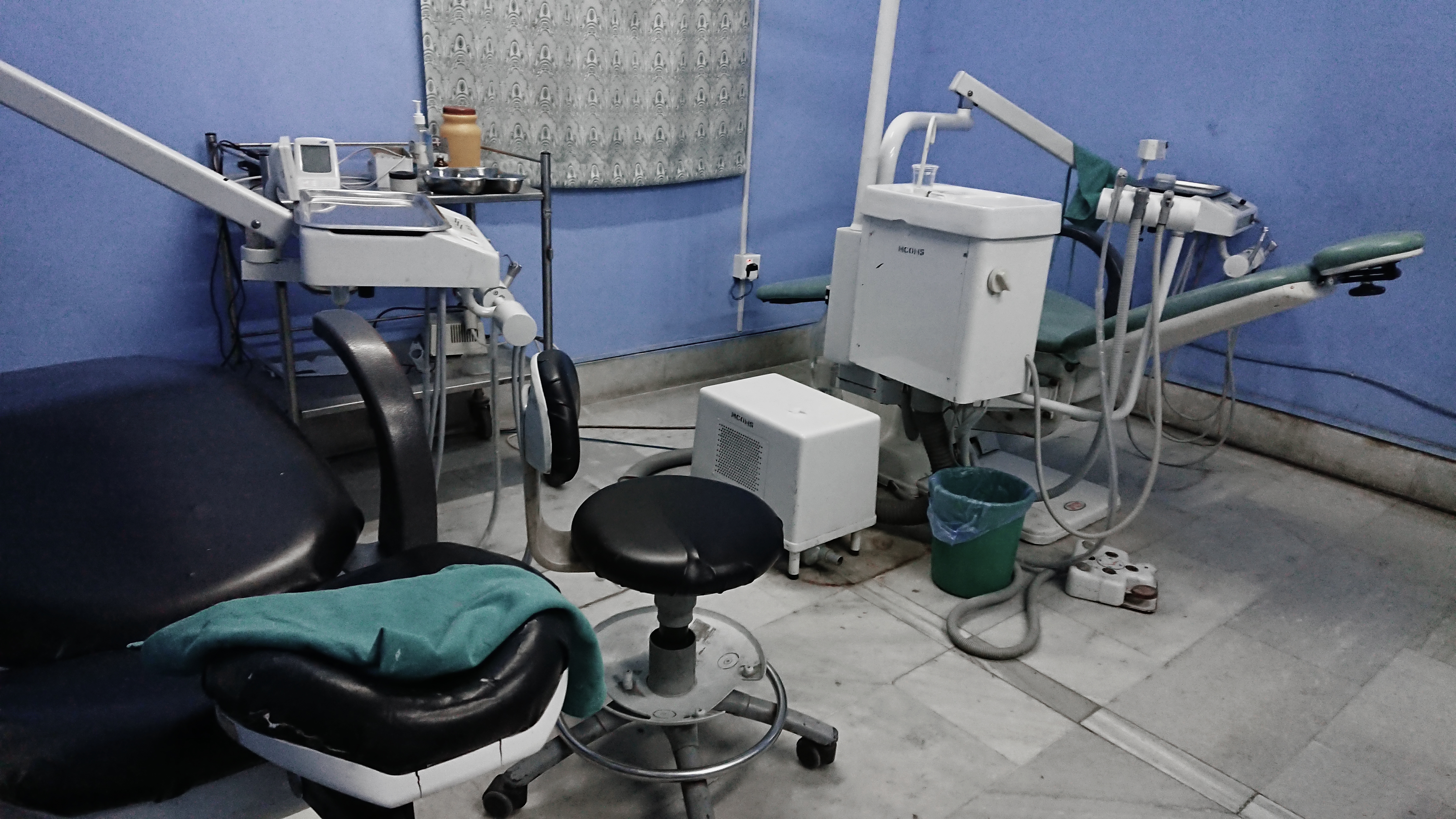
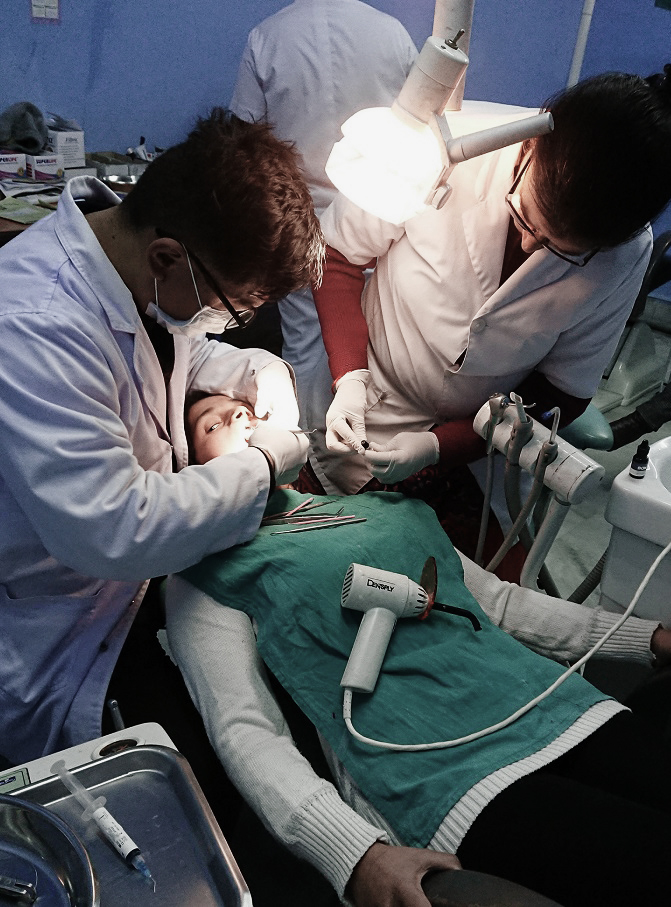
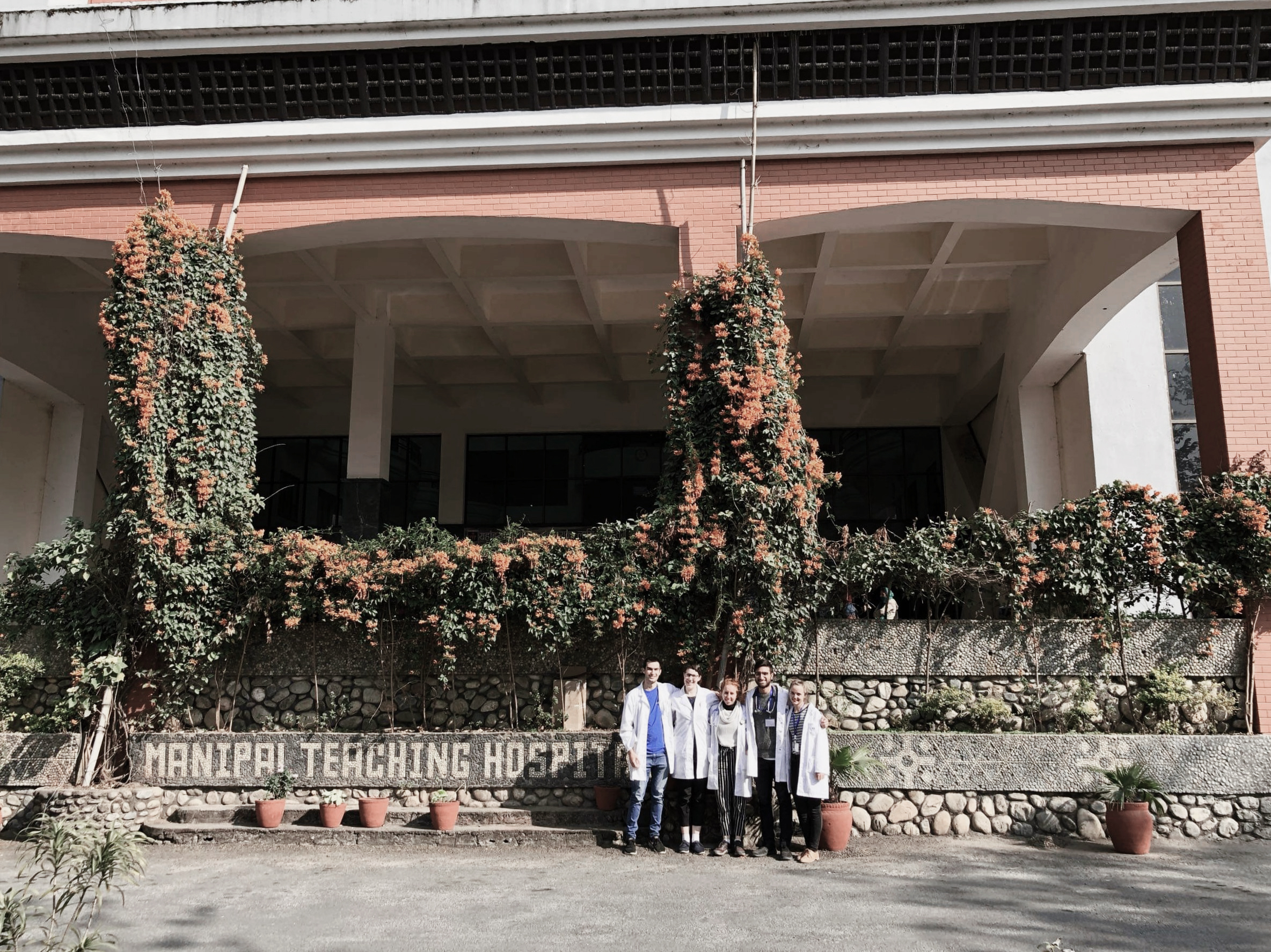 The lack of primary healthcare was also evident in the oral maxillofacial surgery (OMFS) area of the dental OPD, where I was fortunate to shadow the head of the department. Patients would present with advanced oral pathologies, along with ear, throat, nose and jaw complaints, which they would almost certainly have attended their GP for in Australia. The way in which these patients were managed, with very little consultation between the OMFS and other medical specialties, reinforced my newfound understanding of just how little impact the link between general and dental health has for the prevention and treatment of disease in Nepal.
The lack of primary healthcare was also evident in the oral maxillofacial surgery (OMFS) area of the dental OPD, where I was fortunate to shadow the head of the department. Patients would present with advanced oral pathologies, along with ear, throat, nose and jaw complaints, which they would almost certainly have attended their GP for in Australia. The way in which these patients were managed, with very little consultation between the OMFS and other medical specialties, reinforced my newfound understanding of just how little impact the link between general and dental health has for the prevention and treatment of disease in Nepal.
